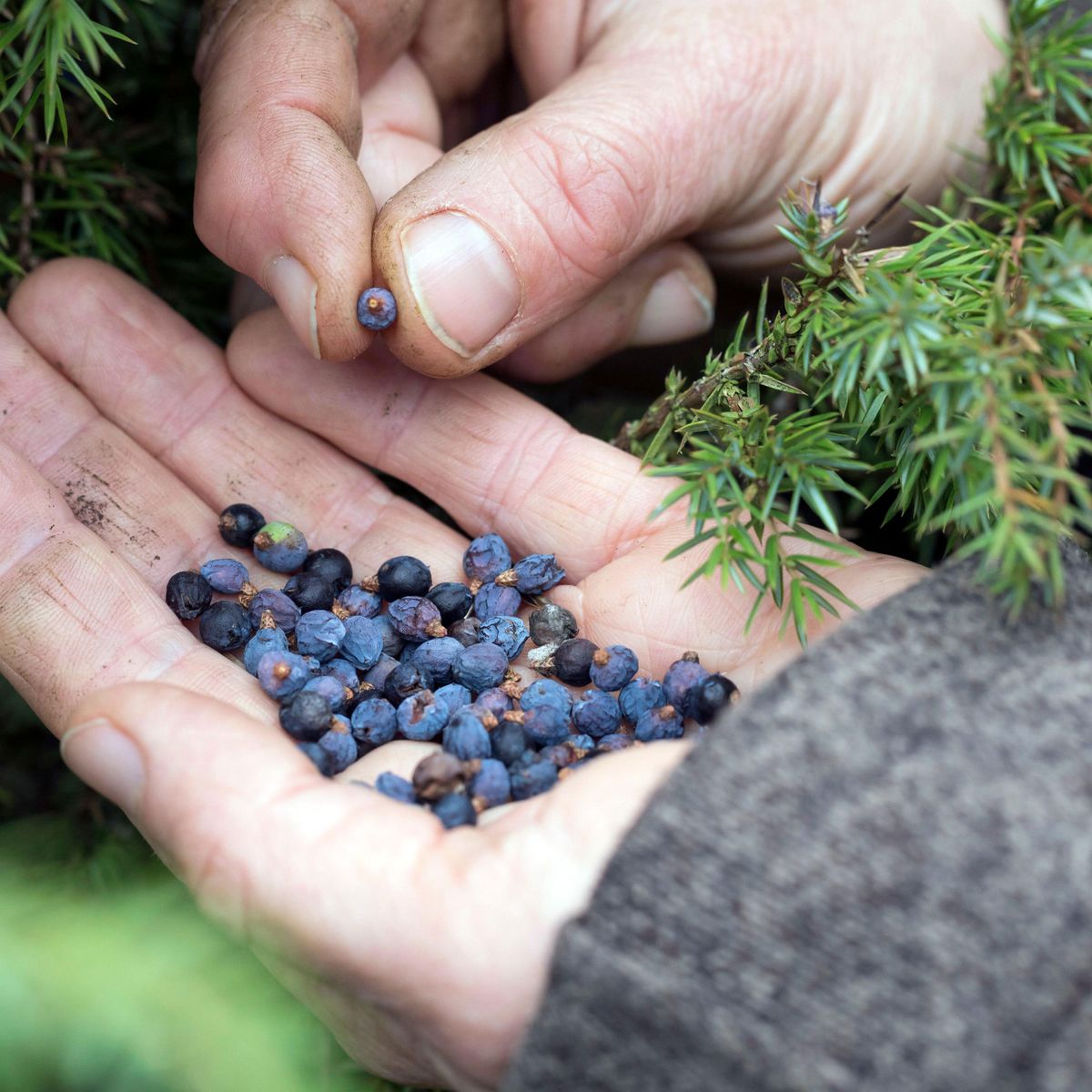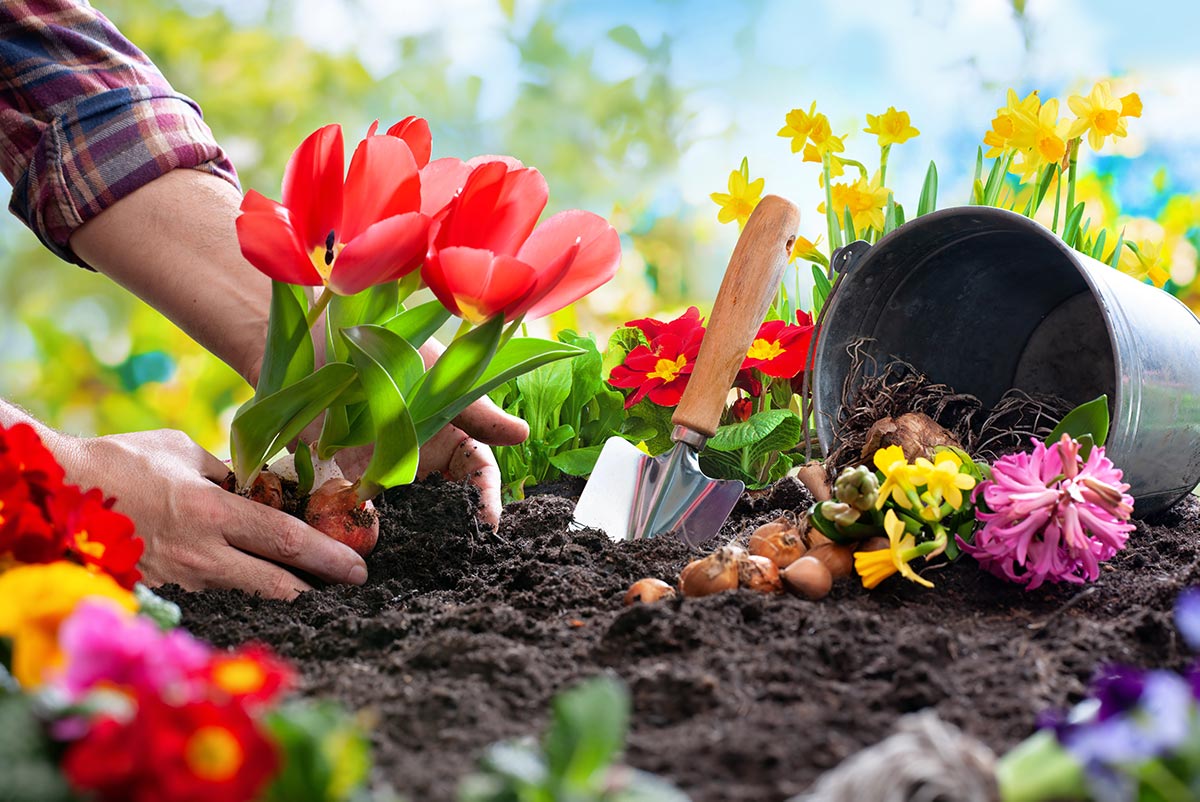Download PDF
If you gave your houseplants a Summer vacation outdoors, it’s time to start thinking about the return trip. As much as you hate to be a killjoy, it’s time to think about preparing those plants for the return trip indoors. What’s there to think about, you ask? Here are few simple tips to ensure a healthy transition. Plus, this is also a good time to think about repotting.
Travel Advisory.
Plants can be shocked by sudden dramatic changes in temperature, light or humidity. The transition from outdoors to indoors can pose all three risks. Plants that have been outside for the Summer months may also harbor insects and pests that must be removed. Consider these guidelines for a happy transition.
When?
Good question. There is latitude here, but some plants suffer damage when night time temperatures fall below 40 degrees F, and a few others at 50. When you notice that temperatures are consistently dipping below 60 degrees, it’s probably a safe time to make a move.
Spread the Sunshine.
Transition your plants to indoor light by moving them from sunlight to partial shade to shade before bringing them inside. Try to locate plants indoors where they will receive light that is comparable to what they received outside. Clean your windows to maximize the light coming in.
Nobody Likes a Pest.
Check your plants and soil carefully for hitchhikers. You can spray plants with a safe, fast acting insecticide for indoor use, such as Earth-tone® Insect Control, from Espoma. You can also use a gentle hose spray to thoroughly rinse them off.
Start Over.
Repotting gives plants a fresh start and encourages new growth. Repotting also helps to remove pests living in the old soil. Even if you don’t see roots protruding from the bottom of the pot, making the move indoors is a good time to consider repotting.
Repotting Revisited: 7 Simple Steps
1. Soften Up.
A day or two before you repot, give the plant a thorough watering. This will make removal easier.
2. Sweeten the Pot.
Select a new pot a few inches bigger in diameter than the old pot. Be sure it has drainage holes. Place a saucer underneath to catch any excess water and to protect your floors. It’s best to thoroughly wash the inside of the pot. If it’s an old pot, use a 10% bleach solution to destroy any traces of fungus then rinse thoroughly.
3. Set it Free.
Remove the plant by turning it upside down, with your hand over the top and the plant stem between your fingers. If it doesn’t budge, you may be able to use a butter knife to free the outside edge of the soil from the pot – gently so as not to damage the roots. Once removed, hold by the root ball.
4. Get On the Ball.
Check the root ball. Clip off any dead or rotten roots. If the root ball is compacted, you can tickle the roots to loosen them up a bit.
5. Get in the Mix.
Center the plant in the container and fill in around it with an all-natural potting mix, like Espoma Organic Potting Mix – a premium blend enhanced with Myco-tone®, our proprietary blend of mycorrhizae, to promote root growth and reduce the amount of watering required. Also, Espoma Organic Potting Mix doesn’t clump or over-compact. Make sure the roots are covered, and lightly press down the soil to support the plant.
6. No Fast Food.
Give your indoor plants a boost every 3-4 weeks or so with a natural liquid plant food such as Espoma Gro-tone®. 7. Hold Your Water. Soil doesn’t dry out as fast indoors, so only water when soil feels dry to the touch.
We hope this information provides you with helpful information to take your plants from outdoors to indoors where they will brighten your home throughout the Winter months. Before you know it, it will be spring once again. In the meantime, you’ll have beautiful plants indoors to remind you.










